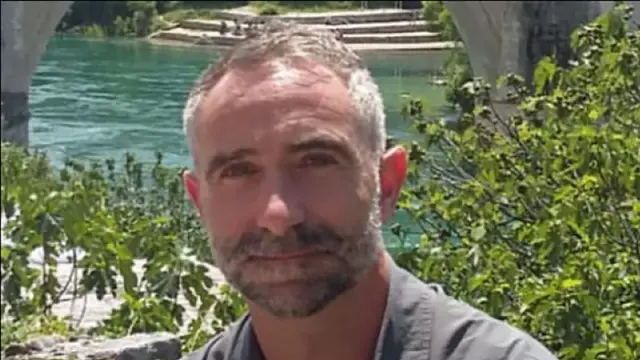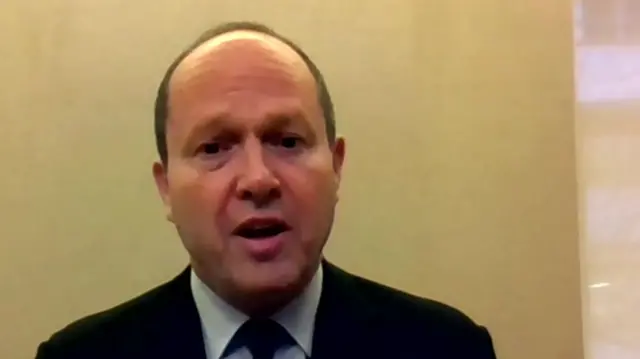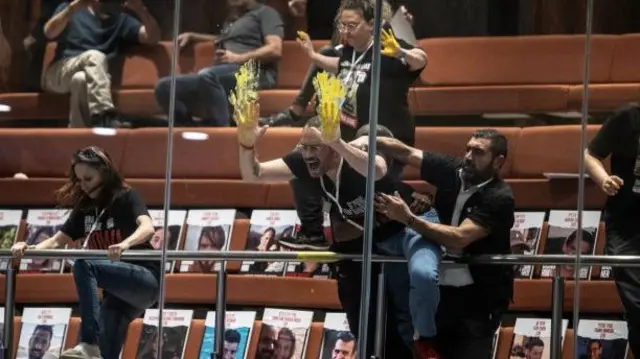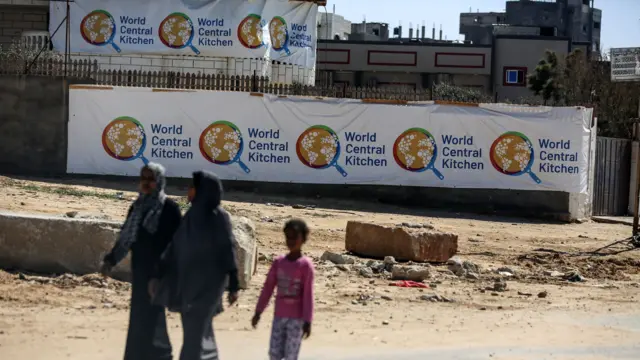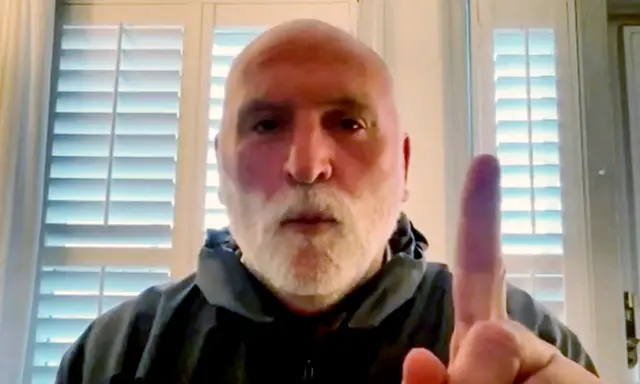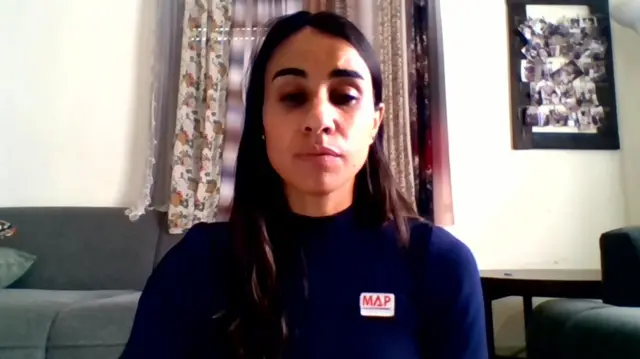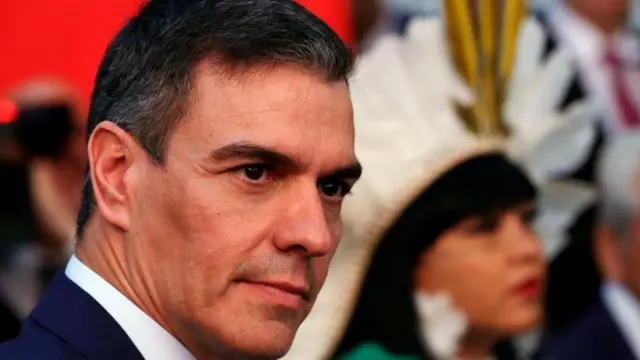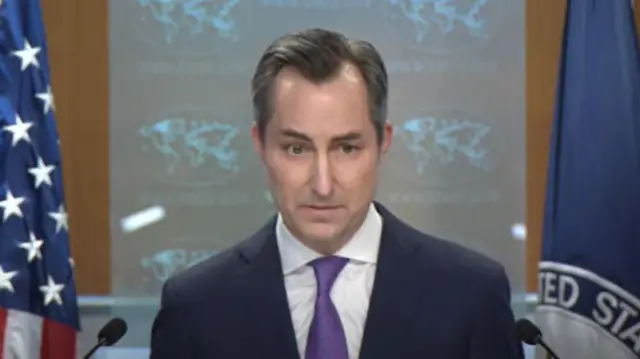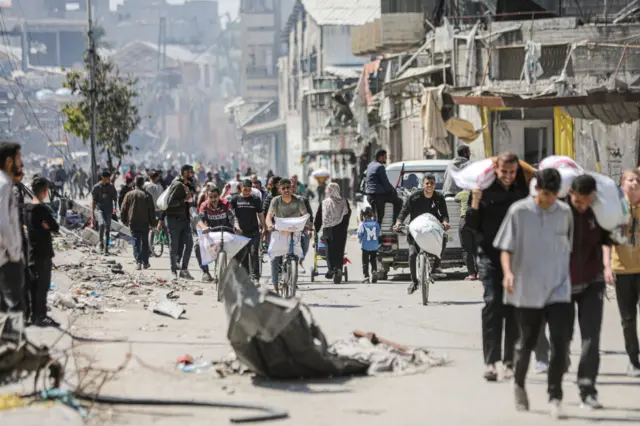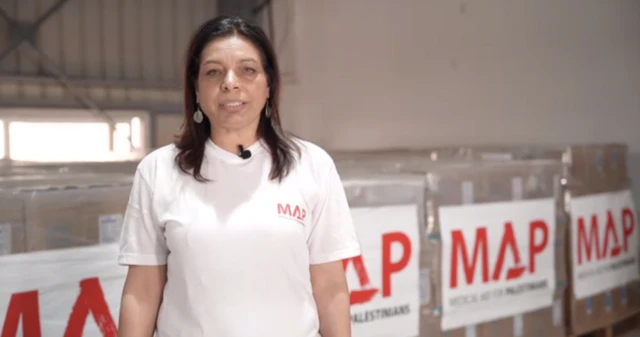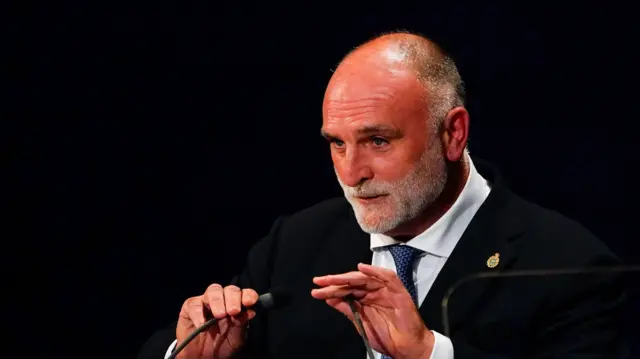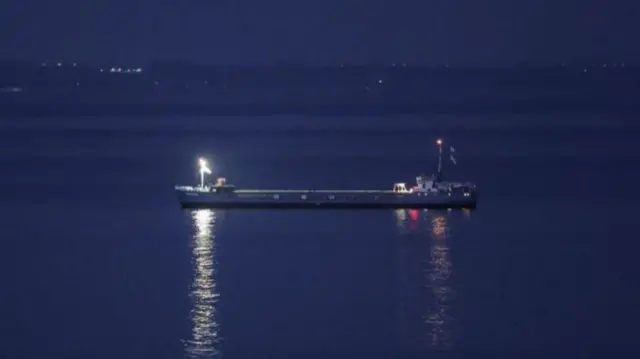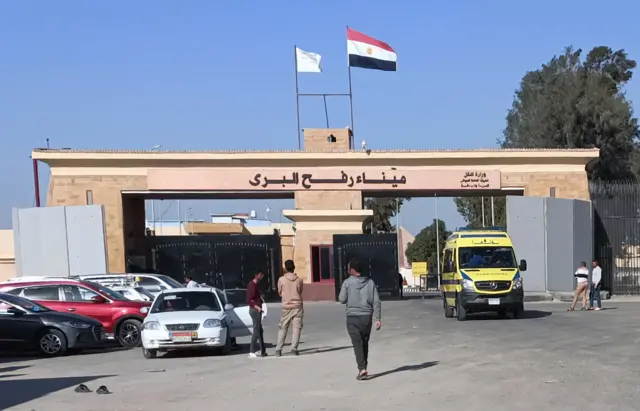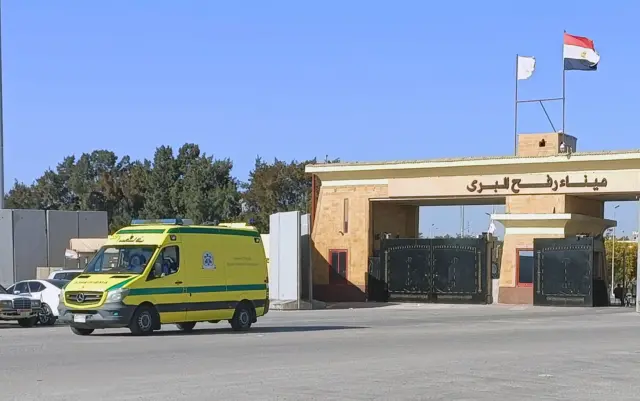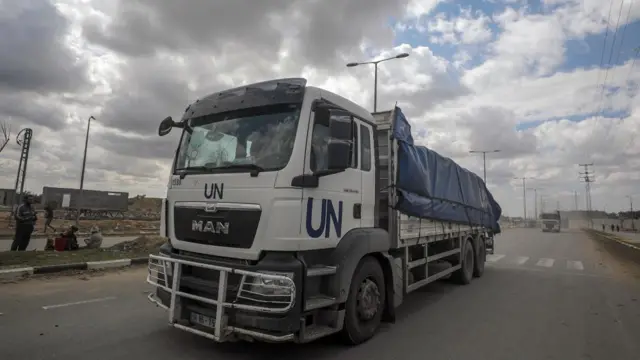We are pausing our live coverage nowpublished at 22:49 BST 3 April 2024
Thank you for following our coverage of the ongoing reaction to the Israeli air strike which killed seven international aid workers in Gaza on Monday.
For a recap on what happened, see BBC Verify's analysis of what we know about the strike.
Is this a watershed moment in the Israel Gaza war? Read the BBC's international editor Jeremy Bowen's analysis on the way this week may have changed the war.
And you can read more about the lives and legacies of the aid workers who were killed here.
This page was edited by Emily McGarvey, Aoife Walsh and Johanna Chisholm. The writers were Gabriela Pomeroy, Ali Abbas Ahmadi, Ruth Comerford, Nadia Ragozhina, Alex Smith, Christy Cooney and Joe McFadden.
